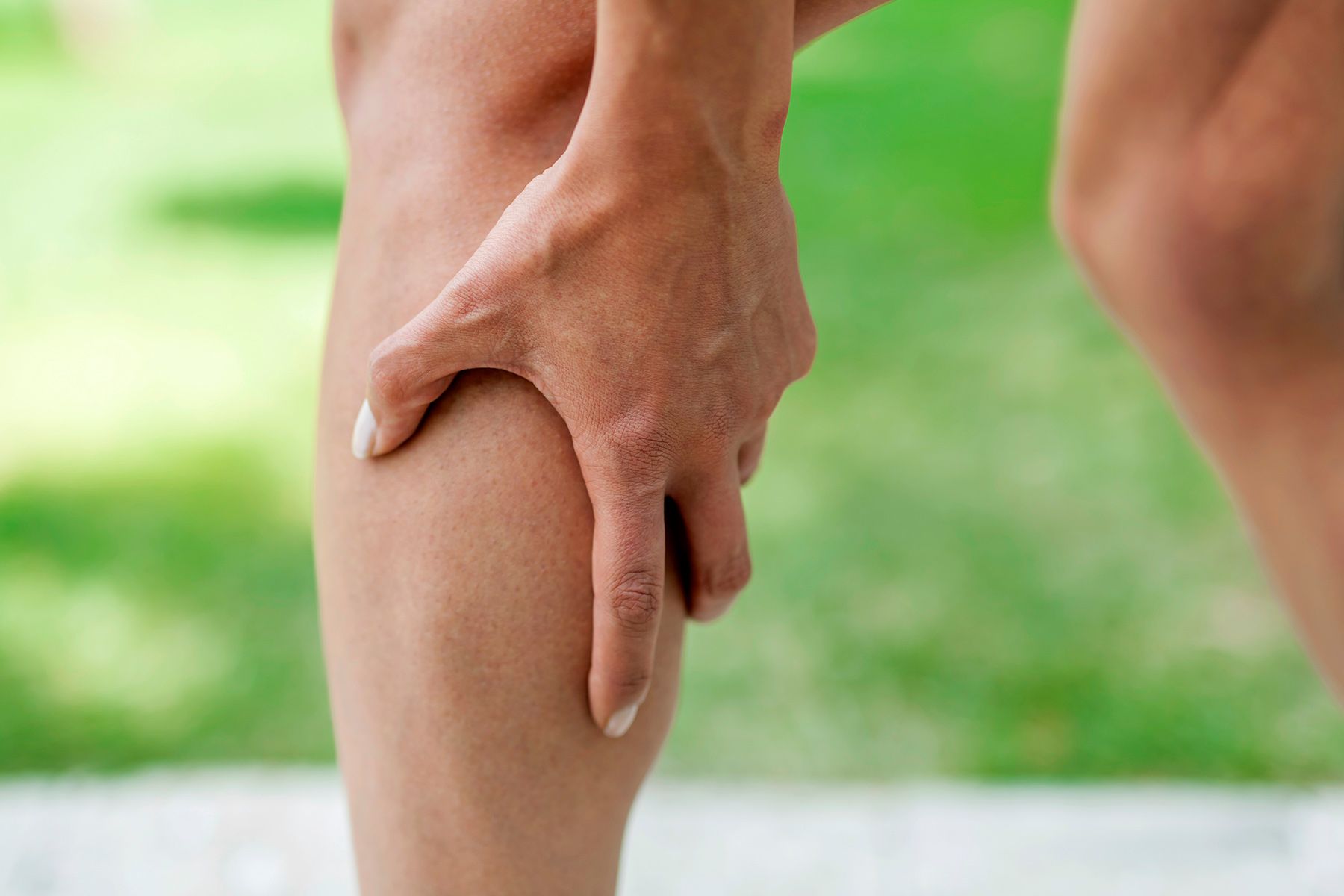If you’re an athlete, a regular exerciser, or simply live an active lifestyle, then muscle inflammation is likely a problem that you have had to deal with at one point or another.
Muscular inflammation can cause pain and swelling in your muscles and leave them feeling stiff and weak—not ideal for continuing your athletic activities.
The good news is that there are natural solutions available to help prevent muscle inflammation and keep your body healthy as you exercise.
In this blog post, we’ll explore ways that athletes can reduce their risk of muscular irritation through nourishing foods, targeted supplements, mindfulness practices, stretching techniques, and more.
Read on to unlock the power of natural remedies for preventing and recovering from muscle inflammation!
What is muscular inflammation and what are the symptoms?
Muscular inflammation is an acute or chronic swelling of bodily tissues caused by injury, trauma, or certain medical conditions.
Muscle inflammation can range from moderate to severe and often causes painful symptoms such as extreme muscle tenderness, soreness, stiffness, warmth to the touch, discoloration of the skin near the affected area, swelling, and loss of mobility.
In some cases, muscular inflammation may also cause fever and malaise. It is important to seek medical attention if symptoms persist or worsen over time in order to determine the underlying cause and an appropriate treatment plan.
What are some natural ways to prevent muscular inflammation from occurring in the first place?
To keep muscular inflammation at bay, there are several natural remedies to employ.
One of the best methods is maintaining a healthy diet with plenty of nutrient-rich fruits and vegetables. It is also advisable to buy milk protein concentrate, as it helps with protein synthesis in muscles and can prevent inflammation from occurring.
Additionally, regular exercise utilizing proper form and technique is an effective way to reduce the risk of muscle strain and pain. Small breaks throughout the day can help to improve circulation in the body, further aiding in averting muscular inflammation.
Taking time for self-care outside of physical activity can similarly help keep the body functioning optimally so that issues such as muscular tension don’t arise in the first place.
How can you treat muscular inflammation if it does occur despite your best efforts to prevent it?
Despite our best efforts, sometimes inflammation of the muscles can occur.
Fortunately, there are effective treatments that can limit the discomfort and damage that come with the condition. Stretching exercises, ice and heat applications, and over-the-counter pain relievers such as ibuprofen can often be used to reduce inflammation and associated pain. I
n more severe cases, stronger medications or physical therapy may be prescribed. Above all, it is important to rest and avoid actions that will worsen the issue.
Once the inflammation has subsided and muscle strength is restored through regular exercise, recurring issues with muscular inflammation will likely diminish.
Are there any long-term effects of untreated or improperly treated muscular inflammation, and what can be done to mitigate these effects if necessary?
Muscular inflammation, if left untreated or improperly treated, can have serious long-term consequences for the patient. These range from pain and discomfort to permanent damage to the muscles that limit movement and flexibility.
To avoid such negative effects, an integrated approach must be taken to muscle care and maintenance.
This includes proper pacing of physical activities as well as targeted exercises that strengthen weak or atrophied muscles, along with physical therapy when necessary.
Additionally, a healthy diet that has essential nutrients to promote tissue repair should be maintained consistently throughout the patient’s life in order to prevent chronic inflammation of the muscles.
Are there any other steps we can take to help keep our muscles healthy and functioning optimally on a day-to-day basis?
In addition to getting regular exercise and eating a balanced diet, taking steps to support our muscle health helps us maintain a healthy lifestyle.
This can include investing in milk protein concentrate, which helps improve overall muscle mass by boosting blood circulation and providing essential amino acids for energy production.
Other dietary options can range from incorporating healthy fats such as avocados into meals to adding various vitamins and supplements like calcium, magnesium, zinc, and B vitamins into daily nutrition intake.
Lastly, committing to a good sleep schedule helps ensure that muscles remain rejuvenated throughout the day, so make sure to stick with aiming for 7-8 hours of sleep each night for optimal muscle recovery.
Try these natural tips to soothe muscle inflammation the next time you’re feeling the pain.

